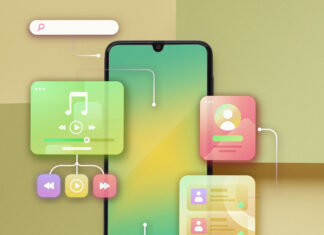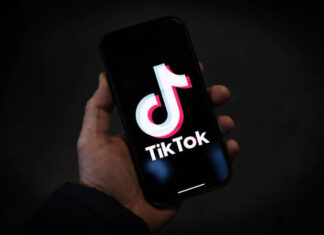When you purchase through links on our site, we may earn an affiliate commission. This doesn’t affect our editorial independence.
In a move poised to transform healthcare workflows, Suki, an innovative leader in voice-enabled healthcare tools, has announced the expansion of its partnership with Google Cloud. This collaboration aims to enhance the efficiency and usability of assistive technologies in clinical settings, addressing the challenges of administrative burdens faced by healthcare professionals.
Suki’s flagship product, Suki Assistant, is already a game-changer for healthcare providers, automating time-consuming tasks like medical documentation and administrative data entry. The company is taking significant strides toward making healthcare operations more seamless and intuitive by leveraging the advanced capabilities of Google Cloud’s generative AI tools.
Transforming Healthcare Through AI
The healthcare industry has long grappled with the strain of administrative tasks on clinicians, often contributing to burnout. Suki Assistant, a voice-enabled digital assistant, alleviates this issue by streamlining processes such as note-taking, data management, and workflow integration.
With the enhanced partnership, Suki will incorporate Google Cloud’s AI models to refine its natural language processing (NLP) capabilities. These improvements will allow the platform to better understand medical terminologies, respond more intuitively to voice commands, and offer greater flexibility across diverse clinical environments.

Why This Collaboration Matters
- Enhanced Natural Language Processing
Google Cloud’s state-of-the-art AI systems, including Vertex AI, provide Suki with the computational power to process complex medical language. This enables clinicians to interact with Suki Assistant in a more natural and conversational manner. - Optimized Clinical Workflows
By integrating Google Cloud’s technology, Suki will offer healthcare providers a more efficient way to manage daily tasks, saving valuable time that can be redirected toward patient care. - Data Security and Privacy
The partnership ensures robust data protection measures. Google Cloud’s HeA healthcare worker interacts with a digital assistant on a tablet to streamline clinical tasks. The health API adheres to HIPAA compliance standards, safeguarding sensitive patient information.
Real-World Impact
The adoption of assistive healthcare technology is expected to grow exponentially, driven by advancements like those pioneered by Suki and Google Cloud. Research indicates that streamlined documentation processes can reduce physician burnout by up to 40%, highlighting the practical benefits of such tools.
Healthcare providers who have integrated Suki Assistant report significant improvements in workflow efficiency. Many users emphasize the ease of adapting the system into their daily routines, noting the platform’s ability to learn and respond to individual user preferences.
The Future of Assistive Health Technology

The Suki-Google Cloud collaboration signals a broader shift in healthcare toward automation and AI-driven efficiency. As medical professionals continue to face growing demands, assistive technologies like Suki Assistant are no longer a luxury but a necessity.
By expanding its capabilities, Suki not only reduces the administrative burden on clinicians but also empowers them to focus on what truly matters: delivering quality patient care. The partnership underscores the importance of innovation in tackling long-standing challenges in the healthcare industry.
Conclusion
The expanded partnership between Suki and Google Cloud marks a significant leap in the evolution of assistive health technology. By combining cutting-edge AI with practical healthcare applications, this collaboration sets the stage for a more efficient, patient-centered healthcare system.
As the role of technology in medicine grows, partnerships like these will likely shape the future of clinical workflows, ensuring that healthcare professionals have the tools they need to excel. This development reaffirms the transformative potential of AI in addressing the complexities of modern healthcare.







